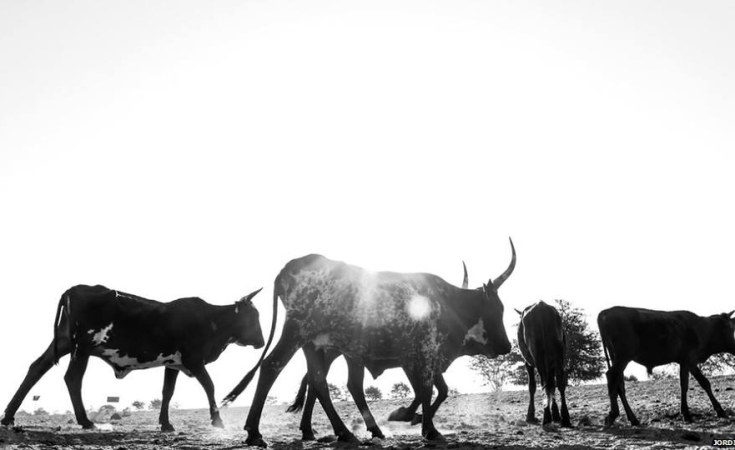A report by the Acute Food Insecurity analysis has projected that a total of 85 000 of Namibians are expected to be in phase 4 of emergency level in terms of hunger.
Phase four out of 5, means that people are facing extreme food shortages, acute malnutrition and disease levels are excessively high and the risk of hunger-related death is rapidly increasing.
The projection covers the period between July until September.
Economists have criticised the insufficient output of Namibia's green schemes, as the latest Acute Food Insecurity analysis classifies all 14 regions in crisis.
According to the report released last week, between April and June this year, an estimated 1,2 million people in Namibia faced high levels of acute food insecurity and urgent action is required to reduce food gaps and protect livelihoods.
The most vulnerable groups include the unemployed, marginalised communities, those with no national documents to benefit from social safety nets, children under the age of five, pregnant and breastfeeding women and pensioners in both urban and rural areas.
This number has more than doubled from the 491 000 people projected to be facing acute food insecurity in the July 2023 analysis.
The report shows that deteriorating food security is mainly driven by the El Niño, impacting crop and livestock production, climatic shocks, price shocks, economic decline and unemployment.
"The majority of households depend on crop and livestock farming which is primarily rainfall dependent," the report reads.
According to the report, dry spells and sporadic and insufficient rainfall were experienced between January and February 2024, resulting in the wilting of crops, negatively affecting the prospects of a good harvest this season.
During July to September, the food insecure population is expected to worsen with an additional 8%.
This is about 1,4 million people who will experience high levels of acute food insecurity.
Economist Omu Kakujaha-Matundu argues that the severe food insecurity, despite eight operational green schemes, highlights their insufficient number and potential inefficiencies in output due to poor management or outdated practices and technology.
"Addressing these shortcomings, if they exist, could put Namibia on sustainable food production and security. That is, either increase the area size of the green schemes or introduce state-of-the-art technology to increase yields. Storage in terms of adequate silo space could also play a role," Kakujaha-Matundu says.
Economist Josef Sheehama says eight out of eleven green projects are insufficient in ensuring the country's food security.
"To attain self-sufficiency and food security, the country must invest in and restore all eleven green projects," Sheehama says.
He says the government can promote green projects by investing more, expanding their influence and promoting sustainable activities.
Sheehama says issues that have been hindering the performance of the green schemes to achieve the set goals are inconsistent policies, lack of political commitment, low awareness and the lack of technical know-how among the managements.
"The lack of full-time involvement by the top leaders who are responsible for these green schemes cost the government. The green schemes were underutilised and abandoned large-scale irrigation systems," Sheehama says.
He says there is a need to provide proper policy frameworks, appropriate technology and farmers' awareness and inclusion in the decision-making process.
Last week, the Ministry of Agriculture, Water and Land Reform announced that eight of the country's green schemes are currently operational.
These include the Etunda, Musese, Sikondo, the Orange River Irrigation Project, Shandikongoro, Hardap, Uvungu-Vhungu and Shadikongoro schemes.
The ministry said a total of 1 049 hectares are currently planted across all eight projects.
Meanwhile, the Acute Food Insecurity analysis recommends nationwide humanitarian assistance for food insecurity.
It further calls on the agriculture ministry to stock staple grains, raise drought awareness, review fodder access and prepare water harvesting strategies.
Households are urged to use river and canal water for crops, while the Ministry of Health and Social Services is urged to improve breastfeeding practices, food preparation and produce therapeutic foods with the University of Namibia for malnourished children.
The Office of the Prime Minister is urged to continue drought relief, address supply delays and enhance the food basket to meet nutritional needs.


